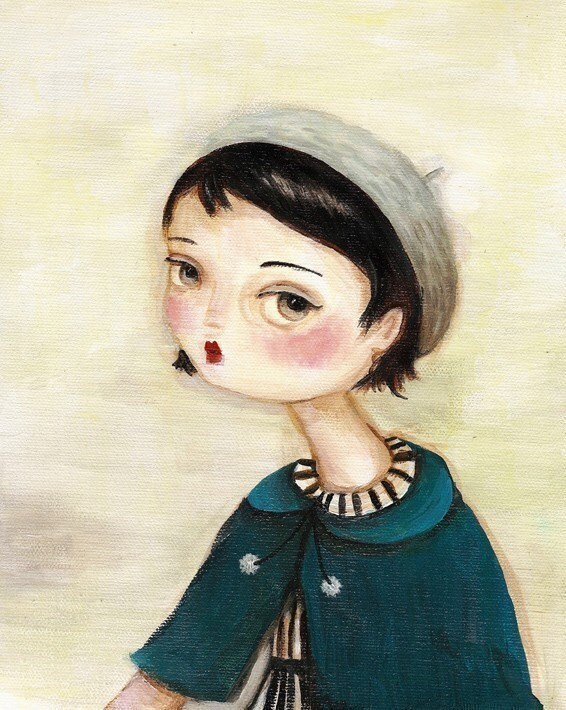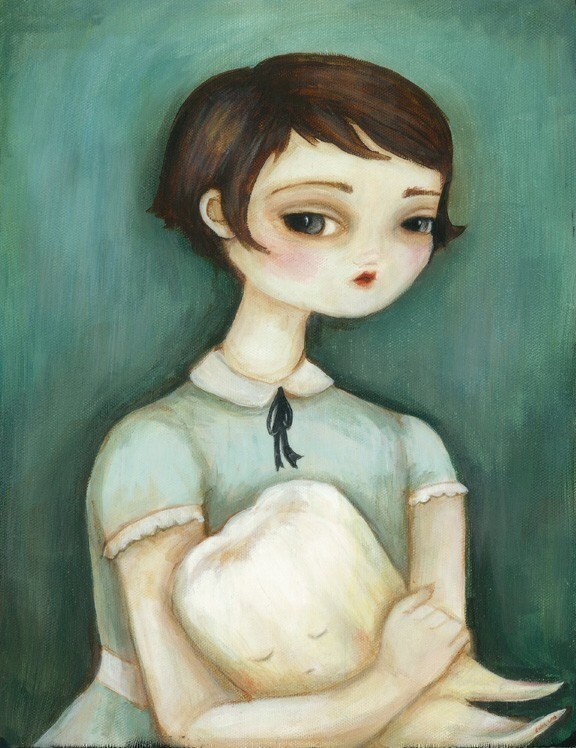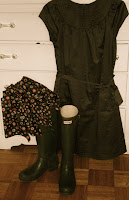
As I mentioned in one of my last posts, I've spent the past few weeks trudging through
The Robber Bride. With that behind me, I moved on to
The Reader by Berhard Schlink, which actually felt like an easy, light read in comparison. Although the subject matter is by no means light, it felt refreshing to be able to get through a book in only a couple of hours, spread out over a few days (hence the poorly executed pun in the title of this post).
I had resisted reading this book ever since it was one of Oprah's Book Club picks. I gave in when the buzz over the
recent movie piqued my interest.
The writing style is straightforward, almost sparse. At times this works, and the author is able to evoke rich images and scenes with only a few choice words. Equally often, however, the tone was so straightforward that it seemed to veer into the realm of reporting, and I found my eye skimming over long passages as if I were scanning a news article. Interestingly, the story not only deals with a trial, but the
author is a lawyer by training. I can't help but think that this impacted the writing- both intentionally and unintentionally.
Issues of reading and illiteracy play a key role in the story, and I think they're meant to be what sets this novel apart from other Holocaust literature. For me, the theme of reading took a backseat to other questions that were raised, such as who should bear the guilt and the responsibility for the relationship the narrator had with Hanna as a teenager. However, something kept me at a distance from these characters throughout the book, and this prevented me from caring about either of them enough to spend much time investigating these questions.
The Reader also called to mind another book that I mentioned
here,
School for Love by Olivia Manning. Though the books and characters are quite different, both deal with an adolescent boy's interactions with the Post-WWII adult world around him. What Manning does so well in her book is to capture the world as seen through her character's young eyes. In
The Reader, Schlink's narrator looks back at his teenage self from various stages of this life. While perhaps a more complex literary maneuver, I think it was this decision that ultimately kept me from feeling any kind of connection with the characters. I'll still keep the film version of
The Reader on my Netflix queue, though. I have a feeling this may be a case where I like the movie better than the book, and Kate Winslet really does seem perfect for the role of Hanna.
And for a few final, unrelated notes:
1) I know the picture of the book cover here is a bit generic, but it was in response to certain readers demands for more pictures!
2) Tonight Masterpiece Theater's Dickens series continues with an adaptation of
The Old Curiosity Shop on PBS. I'll be watching.
3) I'm only about 20 pages into my latest book, but I'm already excited (and amused!) by it...more to come soon.
 Sophie Dahl is a model/ author and the granddaughter of children's author Roald Dahl. I wasn't sure what to expect from her novel Playing with the Grownups, but took a chance with a free advance reader copy I happened across. I was pleasantly surprised by it. The story is told by fifteen-year-old Kitty, who lives a Grey Gardens-esque bohemian lifestyle with her manic-depressive mother Marina. A cross between Holly Golightly and Zelda Fitzgerald, she's a painter who uproots Kitty from rural England to New York and then back again based on the advice of her guru. The story actually borrows a bit from Roald Dahl's Matilda in the sense that Kitty is a child forced to live with an unfit parent. A quick read, interesting characters, and an overall entertaining novel.
Sophie Dahl is a model/ author and the granddaughter of children's author Roald Dahl. I wasn't sure what to expect from her novel Playing with the Grownups, but took a chance with a free advance reader copy I happened across. I was pleasantly surprised by it. The story is told by fifteen-year-old Kitty, who lives a Grey Gardens-esque bohemian lifestyle with her manic-depressive mother Marina. A cross between Holly Golightly and Zelda Fitzgerald, she's a painter who uproots Kitty from rural England to New York and then back again based on the advice of her guru. The story actually borrows a bit from Roald Dahl's Matilda in the sense that Kitty is a child forced to live with an unfit parent. A quick read, interesting characters, and an overall entertaining novel.










